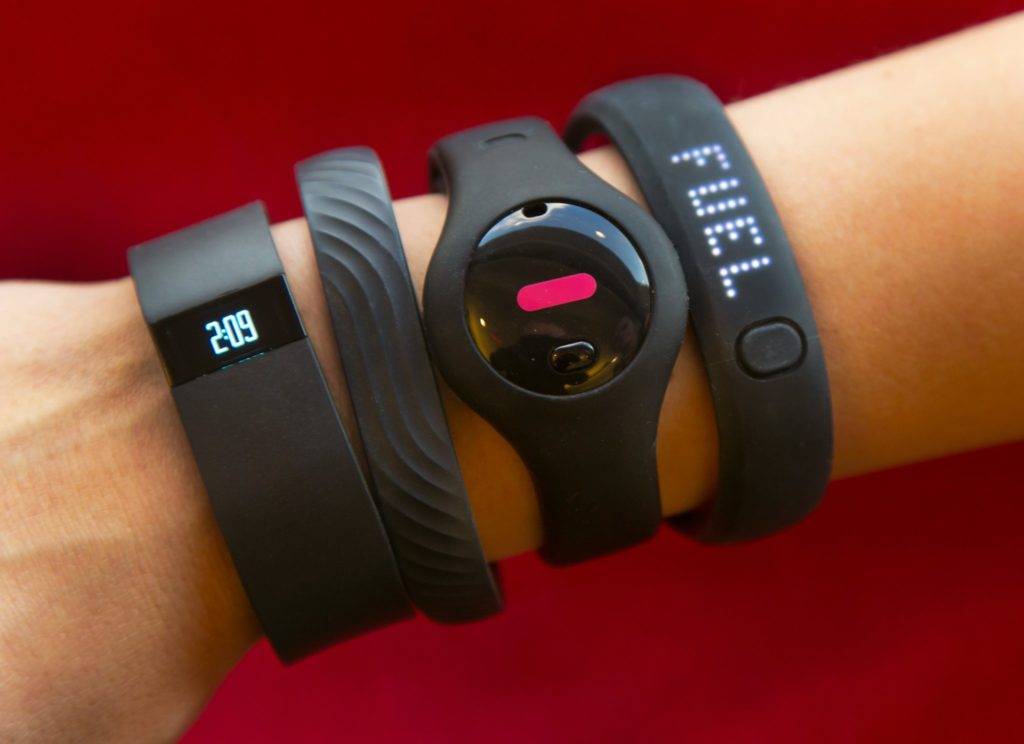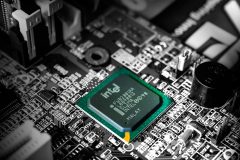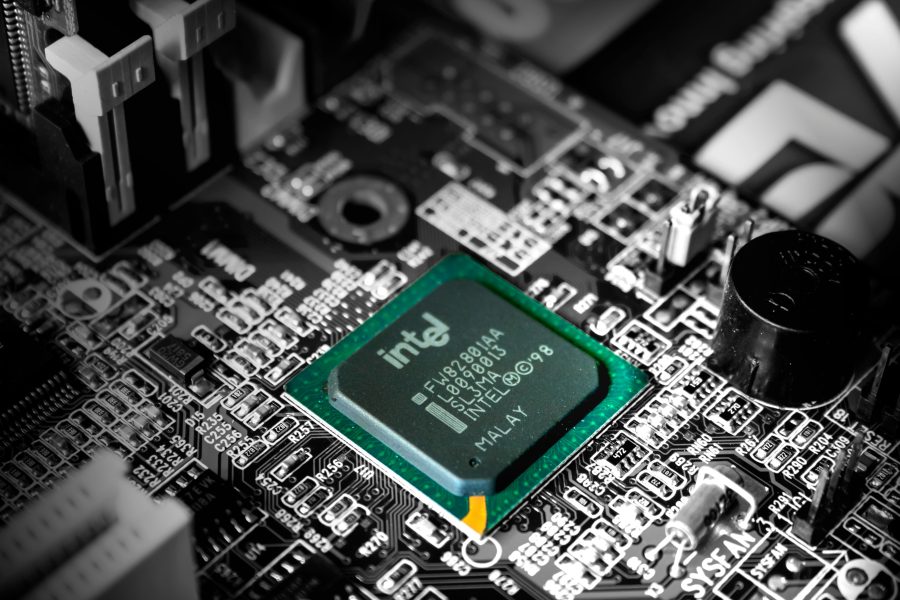Imagine having a wearable that is capable of warning you when you are about to start a fight and can provide you with alternate behavioral solutions. The study of biometric data in prediction models for human behavior is an interesting peek inside what the future of wearables may be like.
See Also: Check out Michael Kors’ fitness and fashion wearable mashup
One topic of interest for these wearables is that of marriage. Being able to incorporate machine learning technology into a wearable can help warn individuals of increasing emotional responses using physiological data, and can consequently offer a form of intervention by either party. For example, as your temper rises due to your spouse leaving towels on the floor, your device vibrates in direct response to your heart rate increasing and sends a message to take a deep breath. This assistance can potentially stop an argument from occurring and remove the pressure of conflict resolution.
This technological revolution can play a big role in the fitness and health industry, where microprocessors record several physiological parameters, including body temperature, heart activity, and amount of sweat. People thrive off of available information, readily reading the data in an effort to improve, compare and share through the many platforms available.
Researchers at the University of Southern California have made astonishing progress in applying this technology to human behaviors. A recent study has used a non-controlled testing arena where test subjects tracked hourly emotional reactions, along with the biometric data gathered, which was then assessed by innovative machine learning technology. To more accurately study real-life scenarios, researchers avoided presenting the subjects with problem-inducing situations, instead opting to let conflicts occur naturally.
This information was studied along with audio recordings to detect content and speech intensity. The results showed an 86 percent accuracy in determining conflict.
These promising test results encouraged the extension of the study to include the application of algorithms that could possibly predict conflict based on biometric and speech input. The overall goal is to determine a possible conflict five minutes before it actually happens, based on biological data.
How do we control emotions?
This ground-breaking technology has far-reaching and interesting implications. However, this technology also raises several moral questions, such as whether or not this technology takes the “human element” out of life. Is conflict perhaps a necessary part of life?
Dr. Larry Nadig, a Clinical Psychologist says that conflict is a critical part of a relationship, and without it, relationships cannot develop. He further explains that, “Conflicts can be productive, creating deeper understanding, closeness, and respect.”
Pamela Rutledge, director of the Media Psychology Research Center in California, presents a different opinion.
“By making users aware of unhealthy patterns and then helping them convert that information into action, the devices have the potential to positively impact mood, stress levels, and behavior,” says Rutledge.
Despite differing opinions about this new technology, these developments in wearables gadgetry are certainly spectacular, and they are moving the world into an entirely new technological direction at a rapid pace. Who knows what will be next?










